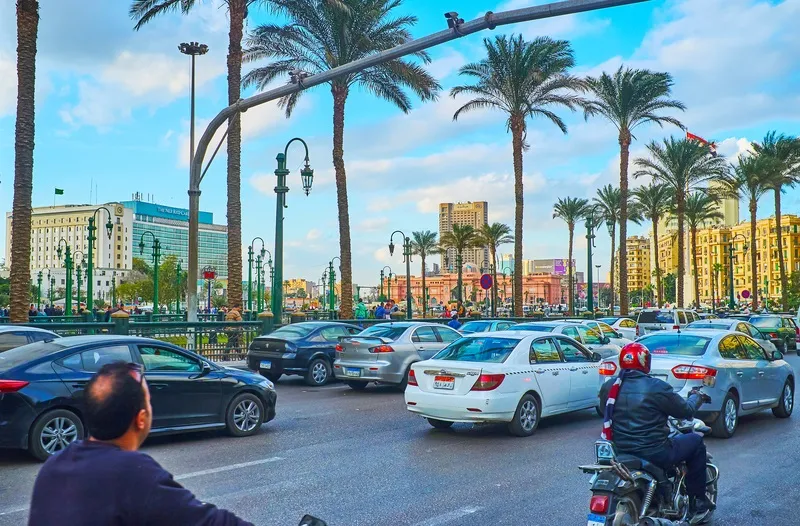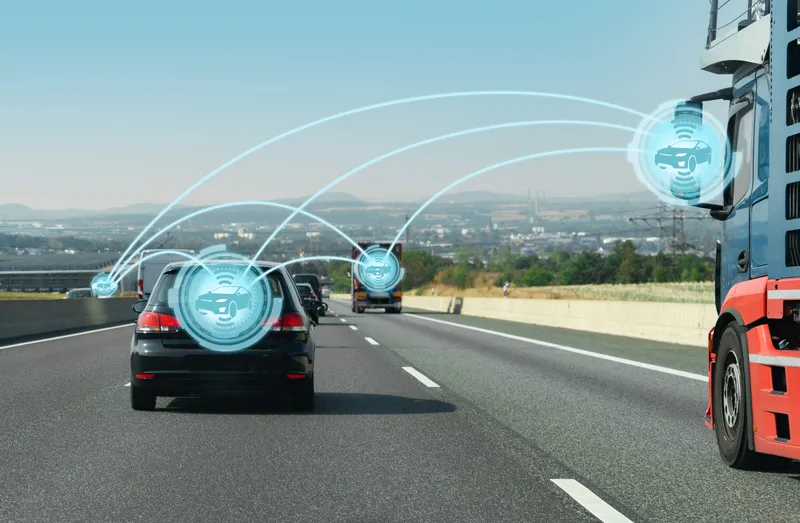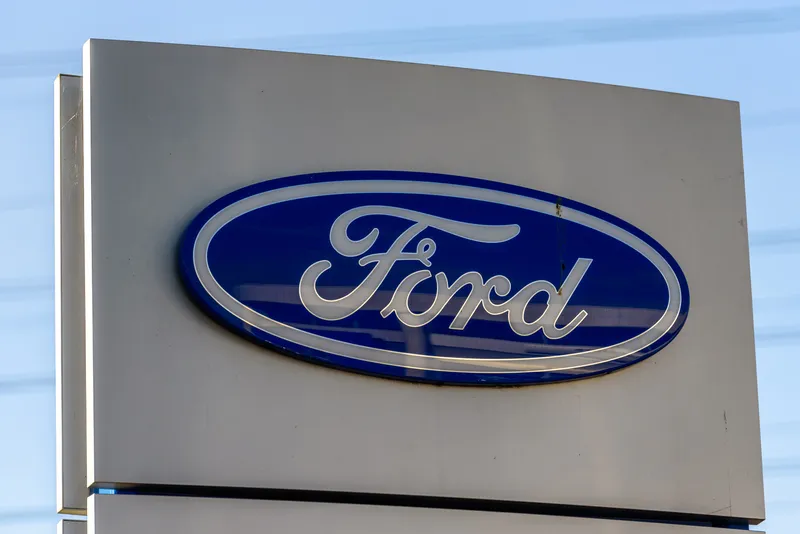Egypt has announced plans to produce as many as 25,000 electric vehicles (EVs) over the next few years.
By Ben Spencer
March 16, 2020
Read time: 1 min

In a report by Egypt Independent, minister of public business sector Hisham Tawfik said Egyptian and Chinese officials may cooperate on the production of EVs and charging stations.
A package of incentives for the production of EVs may also be introduced as part of an effort to study the experiences of other counties in developing the technology.
Steps are already being taken in Egypt to encourage a transition to electrification. Last July, ABB delivered 20 EV chargers which it said can recharge EVs in less than 15 minutes.









